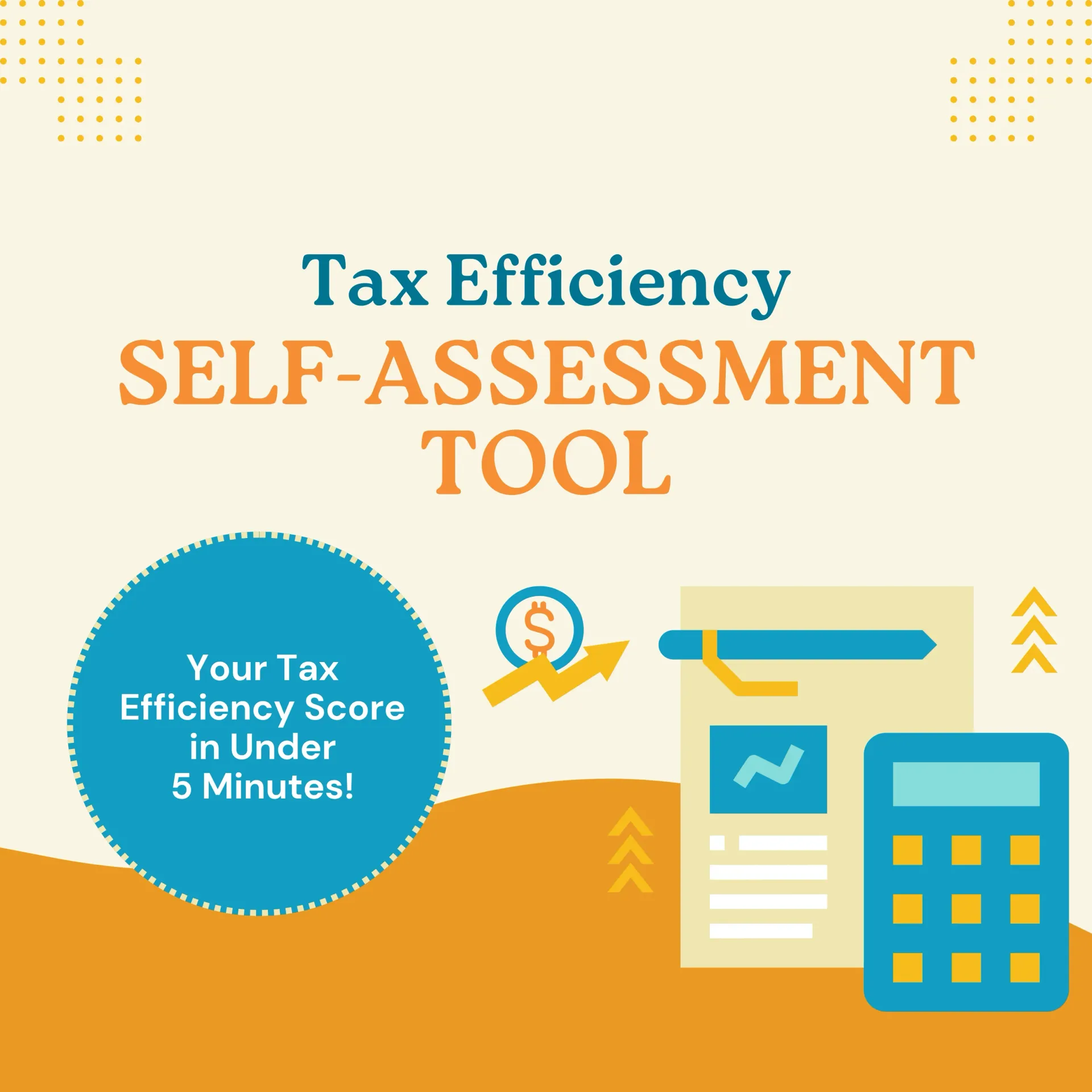How to Build a Strong Financial Foundation for Your Startup
Starting a business is like embarking on an exhilarating roller coaster ride. You’ve got the thrill of new ideas, the excitement of potential success, and, let’s be honest, a fair share of anxiety about making it all work. One of the most crucial aspects of this journey? Building a strong financial foundation. Whether you’re launching a tech startup or opening a cozy café, having a solid financial structure is key to sustainable growth.
In this guide, we’ll explore practical steps to set up your financial framework, covering everything from budgeting and cash flow management to funding options and bookkeeping. Let’s dive in!
Understanding Your Financial Landscape
Before you can build anything, you need to understand what you're working with. Think of your startup’s finances as the blueprint for your business. You wouldn’t build a house without knowing the land it sits on, right?
Know Your Costs
First things first: get a grip on your costs. This includes fixed costs (like rent and salaries) and variable costs (like materials and marketing). Keeping track of these will help you see where your money is going and where you can save.
Create a Budget
Once you know your costs, it’s time to create a budget. A budget isn’t just a piece of paper; it’s your financial roadmap. It helps you allocate resources wisely and plan for future expenses.
When crafting your budget, consider using tools like spreadsheets or budgeting software. They can make tracking income and expenses easier than trying to do it all in your head (trust me, I’ve been there!).
Cash Flow Management: The Lifeblood of Your Business
Cash flow is often referred to as the lifeblood of any business—and for good reason! If you don’t manage it well, even the most promising startup can falter.
Monitor Cash Flow Regularly
Keep an eye on your cash flow statements. These show how money moves in and out of your business over time. You want to ensure that you have enough cash on hand to cover expenses when they arise.
Straight Talk CPAs once had a client whose startup was thriving but faced cash flow issues because they didn’t invoice clients promptly. They had plenty of sales but were waiting weeks for payments to come through while bills piled up. By setting up an invoicing system that reminded clients about due payments, they turned their situation around.
Build Cash Reserves
Having some cash reserves is like having an emergency fund—it gives you peace of mind. Aim to save at least three to six months' worth of operating expenses. This cushion can help you navigate unexpected challenges without derailing your business.
Funding Options: Finding the Right Fit
Now that you’ve got a handle on budgeting and cash flow, let’s talk about funding options. Depending on your business model and growth stage, different funding sources may suit you better.
Bootstrapping
Many entrepreneurs start by bootstrapping—using personal savings or revenue generated from the business itself. This approach gives you full control but can be risky if things don’t go as planned.
I remember when I bootstrapped my first startup; every dollar counted! I learned to prioritize spending on essentials while finding creative ways to market my products without breaking the bank.
Investors and Venture Capital
If you're looking for larger amounts of capital, consider seeking investors or venture capitalists (VCs). They can provide significant funding but often want equity in return. Make sure you're comfortable with giving up some ownership before going down this path.
Crowdfunding
Crowdfunding platforms like Kickstarter or Indiegogo have become popular ways to raise funds while also validating your product idea. It’s also an excellent way to build an early customer base.
Bookkeeping: Keeping Everything in Check
Once you've set up your financial structure, maintaining it is just as important as building it in the first place. Good bookkeeping practices will save you headaches down the line—trust me!
Choose the Right Accounting Software
Invest in reliable accounting software that fits your needs—there are plenty out there! QuickBooks, FreshBooks, or Xero are popular options that can streamline invoicing, expense tracking, and reporting.
In my experience, automating these processes not only saves time but also reduces errors that could cost you later on.
Hire a Professional if Needed
If numbers aren’t your thing (and let’s face it, they aren’t everyone’s), consider hiring a professional accounting firm. They can help ensure everything is in order and give you valuable insights into your financial health.
Regular Financial Reviews: Stay Ahead of the Game
Just like regular check-ups at the doctor keep you healthy, routine financial reviews keep your business thriving. Set aside time each month or quarter to review your financial statements—profit and loss statements, balance sheets, and cash flow statements.
Adjust as Necessary
If something isn’t working—like overspending in certain areas or not meeting revenue targets—be prepared to adjust your strategy. Flexibility is crucial in the ever-changing world of startups.
Conclusion: Building for the Future
Establishing a strong financial foundation for your startup isn’t just about numbers; it’s about setting yourself up for long-term success. By understanding your costs, managing cash flow effectively, exploring funding options wisely, maintaining good bookkeeping practices, and regularly reviewing your finances, you'll be well on your way to creating a sustainable business model.
Remember that every entrepreneur faces challenges along the way; what matters is how you respond to them. With determination and smart financial practices in place, you'll be ready to tackle whatever comes next on this exciting journey!
So go ahead—take these steps toward building that rock-solid financial foundation for your startup!
Discover Your Tax Savings Score in Minutes!


Salim is a straight-talking CPA with 30+ years of entrepreneurial and accounting experience. His professional background includes experience as a former Chief Financial Officer and, for the last twenty-five years, as a serial 7-Figure entrepreneur.




